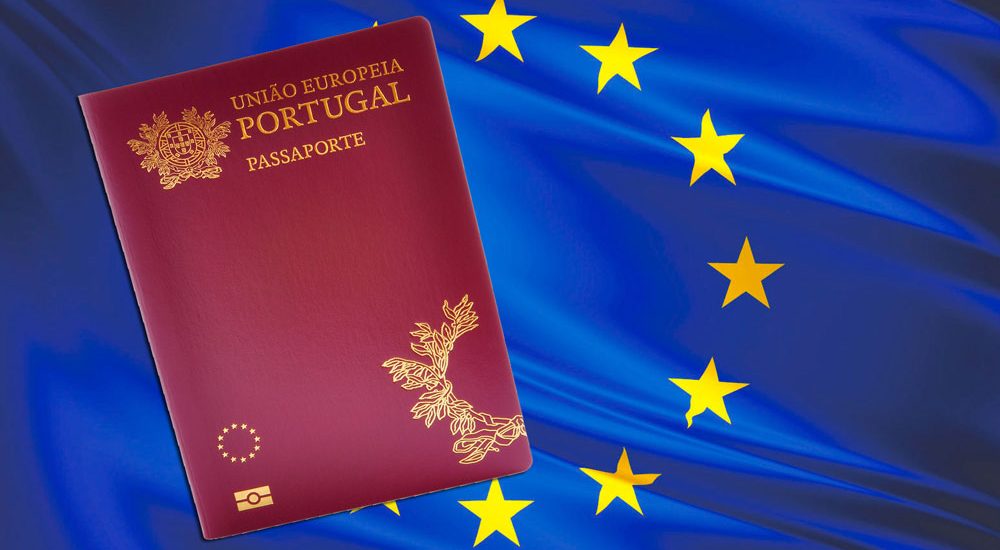The Due diligence is a crucial part of the citizenship by investment process to ensure the integrity and security of the program. Governments and authorized bodies typically conduct due diligence checks on citizenship by investment investors.
The Level of security checks conducted on citizenship applicants can vary depending on the country and its specific immigration policies. However, there are several common security checks that are typically part of the application process. These checks aim to ensure the safety and integrity of the country granting citizenship. The time frame required to complete the checks is 3-6 months depending on the nationality and country of applicant.
Some of the common security checks (due diligence) done include:
- Application Submission: Prospective applicants submitted their applications along with the necessary documentation to an authorized agent or accredited law firm
- Background Checks: Background checks involve scrutinizing an applicant’s criminal record, both domestically and internationally. This process helps identify any potential criminal history, including convictions or involvement in activities that could pose a threat to national security. This also covers all all family members who apply as dependents. Governments may also use third party firms to conduct background checks
- Identity Verification: Authorities verify the identity of applicants through thorough document examination and verification processes. This helps ensure that the applicant is who they claim to be and helps prevent identity fraud.
- Security Screening: Security screening involves screening individuals against various security and intelligence databases to identify any potential links to terrorism, organized crime, or other activities that may pose a threat to national security.
- Financial Checks: Applicants are often required to provide detailed financial information as part of the application process. This may include source of funds documentation and checks to verify that the funds used for the investment or application are obtained legally. The applicant’s financial background is thoroughly examined to ensure that the funds being invested or used for the citizenship application are obtained through legal means. This involves verifying the origin and legitimacy of the applicant’s wealth and ensuring compliance with anti-money laundering (AML) and know-your-customer (KYC) regulations.
- Interpol Checks: Interpol checks involve cross-checking an applicant’s information against Interpol’s global database, which includes information on individuals involved in criminal activities or wanted for extradition.
- Immigration History: Authorities may investigate an applicant’s immigration history, including their previous visas, residency status, and compliance with immigration laws. This is done to ensure that the applicant has followed proper immigration procedures and has not been involved in any immigration-related offenses.
- Reputation and Integrity Assessment: Authorities assess the applicant’s reputation and integrity, including their business dealings, public records, and any involvement in politically exposed positions. This helps ensure that individuals with questionable backgrounds or potential risks to the country’s reputation are not granted citizenship.
- Interview and In-Person Checks: Some programs may require applicants to participate in interviews or undergo in-person checks as part of the due diligence process. This allows authorities to gather additional information and assess the applicant’s credibility.
- Risk assessment profile – The risk report is created after a thorough screening of above checks which is based on scale of 0-10 (low risk, medium risk and high risk). Based on this report the citizenship application can be approved.
It’s important to note that the specific due diligence procedures may vary between countries and their respective citizenship by investment programs. The level of scrutiny applied can also differ based on factors such as the investment amount, applicant’s nationality, and the jurisdiction’s risk assessment framework. The objective of due diligence is to protect the integrity and reputation of the country while ensuring that only eligible and deserving individuals are granted citizenship.





